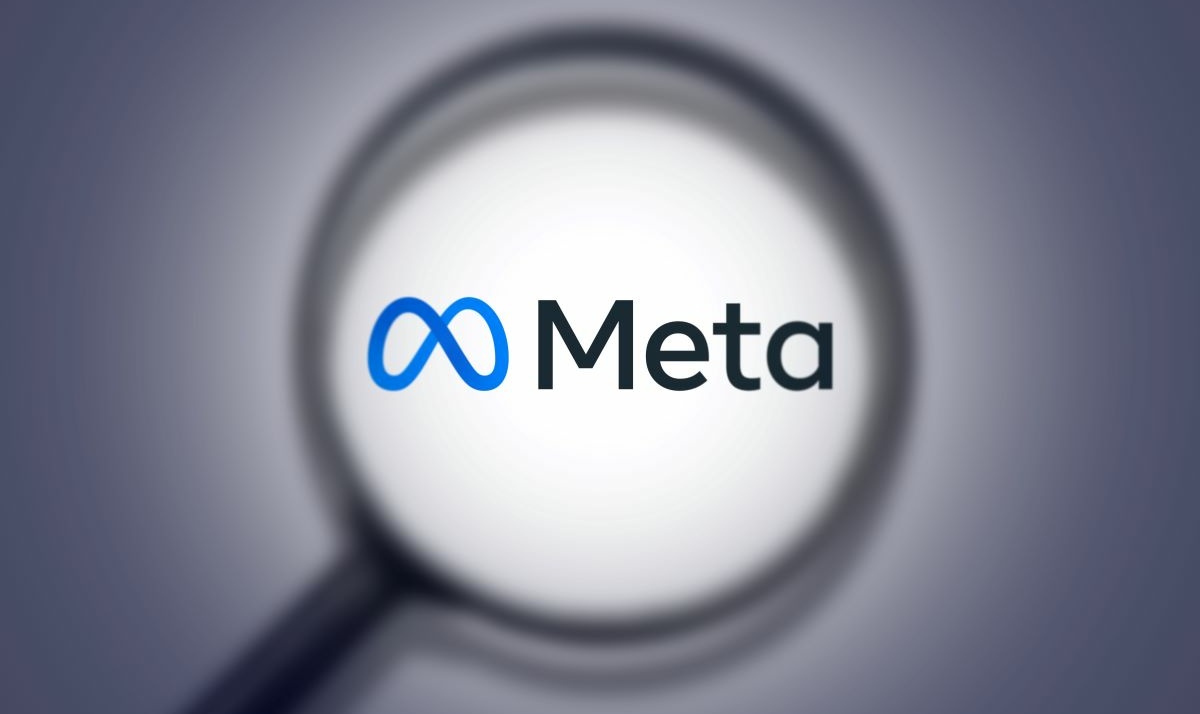
In case you missed it, in a five minute video, Zuck announced plans for Meta to get back to its “roots” of free expression and freedom of speech. This includes removing all fact-checking in the US, in favour of X-style community notes. Politics, previously supressed in favour of “meaningful interactions”, will make a comeback (if it ever actually went away).
It’s a clear attempt at aligning more closely with President Trump’s priorities, coming hot on the heels of Nick Clegg leaving Meta at the turn of the year.
Against a backdrop of Australia banning social media for under-16s and increased regulatory scrutiny of “very large online platforms”, this is a decidedly drastic move from Meta.
Zuckerberg clearly thinks the risk from becoming President Trump’s punching bag is greater than punitive action from the EU or negative headlines in the UK. President Trump called Facebook the “enemy of the people” last November, causing the stock price to sink.
And it may well be that the rhetoric around “free expression” remains just that, with the reality being a never-ending game of “harmful content whac-a-mole”, where harmful posts get flagged, then removed, and on and on until everyone loses interest and moves on to something else.
But given how much the quality of discourse has deteriorated on X since Musk instigated similar moves, it’s worth brands and businesses thinking through the potential ramifications of Zuck’s attempt to turn the clocks back on Facebook and Instagram.
Firstly, there are obviously significant brand safety concerns at play. Any businesses spending significant sums with Meta platforms (Facebook and Instagram) should be scheduling an urgent meeting with their Meta rep to find out what steps will be put in place to ensure free expression doesn’t drastically destroy brand safety. Even if fact checking continues here in the UK, those brands spending significant sums with Meta will likely be thinking about alternatives, perhaps booking in additional meetings with their reps at TikTok and YouTube (the most obvious replacements).
It’s also unlikely that Ofcom and the European Parliament will take kindly to Zuck’s announcement and the direct accusations of “censorship” in the video. While policy inevitably lags behind platform changes, you can expect to see further repercussions in the policing of Meta’s platforms. It’s also highly likely that the UK media will step up their efforts to find examples of increased harmful content on Facebook and Instagram and show that this move represents a grave mistake.
Indeed, it’s not hard to see a vision of the “splinternet” coming to life as a result of Zuck’s announcement. If the Silicon Valley companies want to be governed solely by US policy makers, you can imagine a future where a range of platforms simply pull out of the EU and we see an increased Balkanisation of media regulations around the world.
That could be a world with a US internet, a Chinese internet, a Russian internet and an EU internet, with the UK awkwardly stuck in the middle. Extending this scenario further, there could opportunities for new startups to gain traction in the social media space in ways that we haven’t seen for over a decade.
There’s always the chance that, as with the Facebook boycott by brands in 2020, this news all fizzles out and we forget about it in six months. Facebook is in danger of becoming a cultural wasteland full of AI-generated images anyway, and Instagram is so Reels and Stories heavy that a change which sounds drastic may not end up meaning a lot in reality. Plus, the majority of Meta’s revenue comes from small businesses, not brands – rendering brand safety concerns small fry in the grand scheme of things.
But however the fallout from the return to free expression plays out, there’s no doubt that the era of “social media” driven by large platforms is in its final chapters. Only LinkedIn remains as a classic social platform in something resembling its original form.
Everything else with genuine influence is either algorithmically-driven video entertainment or more private, self-curated spaces with direct links to an audience (think WhatsApp group chats, Discord, Substack, subReddits). Brands and businesses need to adjust to this new world or risk being stuck in the past like Zuck’s dreams of freedom.
Read more Insights & News
